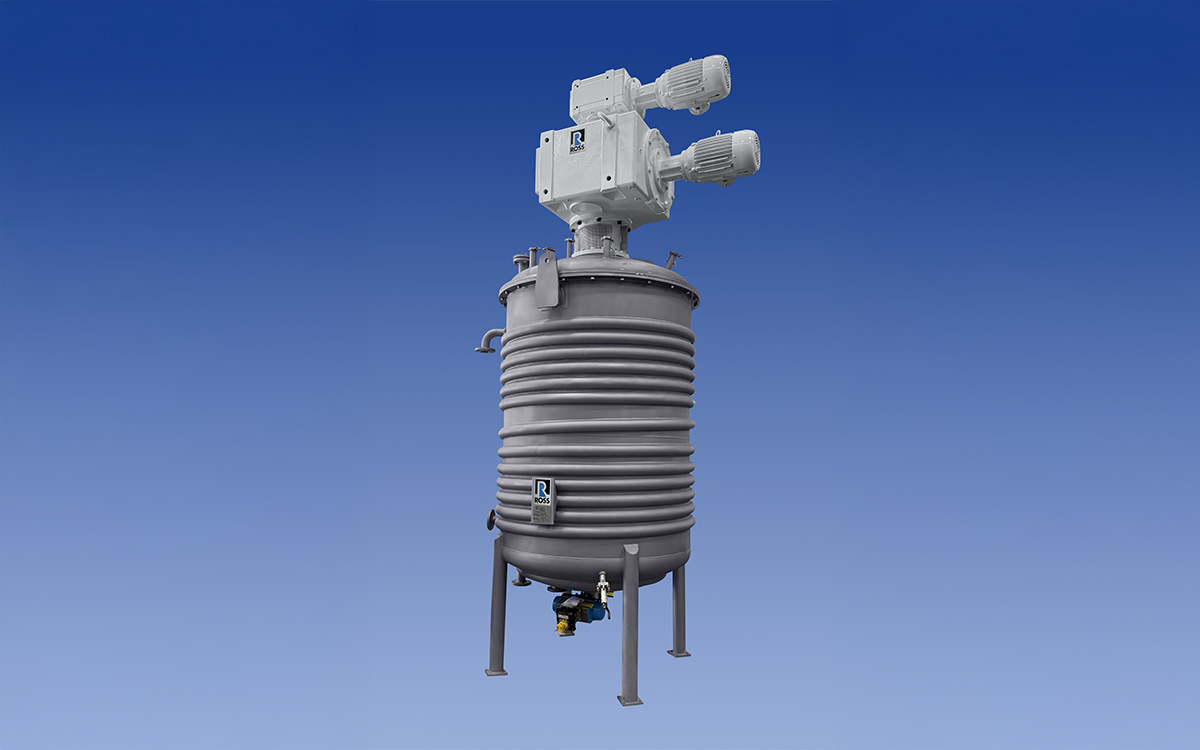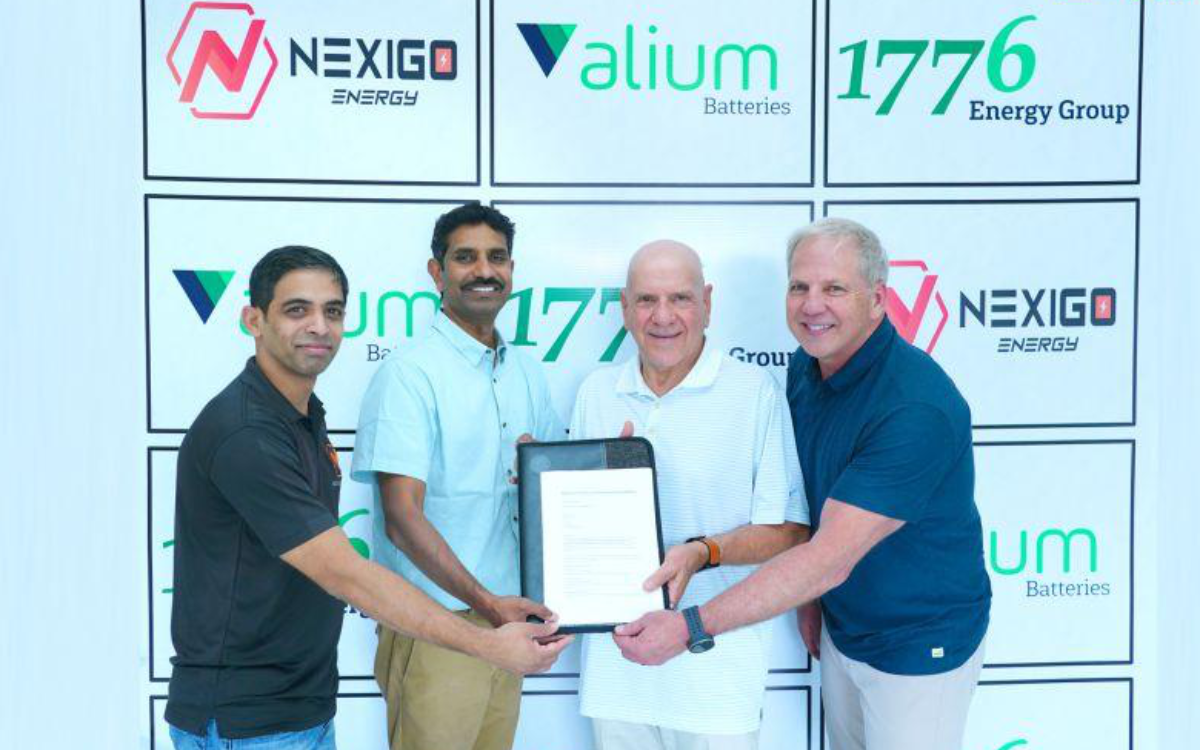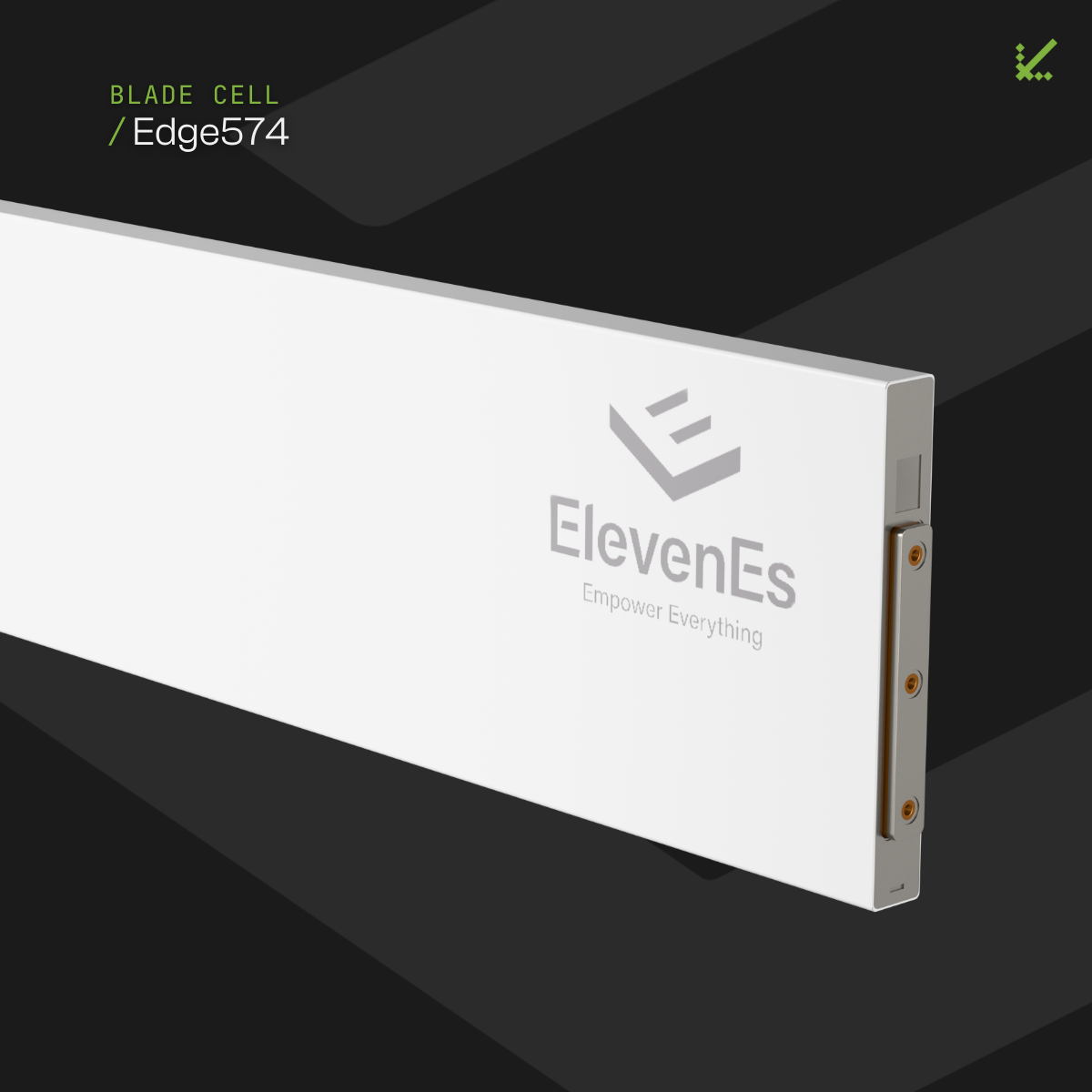Autocraft EV Solutions has unveiled Latent-IQ, a new diagnostic tool within its OptEVizer platform, designed to help OEMs detect hidden faults in high-voltage EV batteries before they lead to costly recalls or unnecessary scrappage.
With EV battery-related recalls rising over 500% in recent years, OEMs often resort to replacing entire packs – discarding components that may still be functional. Latent-IQ addresses this challenge by using a proprietary stress test to identify internal cell-level defects such as torn tabs, separator damage, and cracked welds – issues that conventional diagnostics often miss.
The test delivers results in hours, enabling manufacturers to triage recalled packs, isolate real risks, and recover usable components. This not only reduces waste and cost but also supports sustainability goals by avoiding premature disposal of viable battery parts.
“Major recalls can undermine public confidence in EVs, which Latent-IQ helps to restore. It’s about smarter, faster decisions that catch faults at the earliest possible stage, before they degrade performance or pose a safety threat”, said Mike Hague-Morgan, executive director at Autocraft Solutions Group.
“We know where failures occur, how they develop, and where existing diagnostics fall short. That’s why we’re confident it’s ready for broader deployment, and why we’re inviting more OEMs to get involved now.”
Latent-IQ has already been piloted with several OEMs, including successful blind tests. It’s powered by Autocraft’s digital twin technology, which uses thousands of real-world battery datasets to detect deviations from expected performance.
The tool also supports sustainability: repairing rather than replacing a single 82.5kWh EV battery can prevent around 12 tonnes of CO₂ emissions, according to the RECOVAS project cited in an Autocraft’s white paper, Closing the EV confidence gap: the role of battery remanufacturing.
Image: Latent-IQ is a new diagnostic tool designed to detect hidden faults in high-voltage EV batteries












